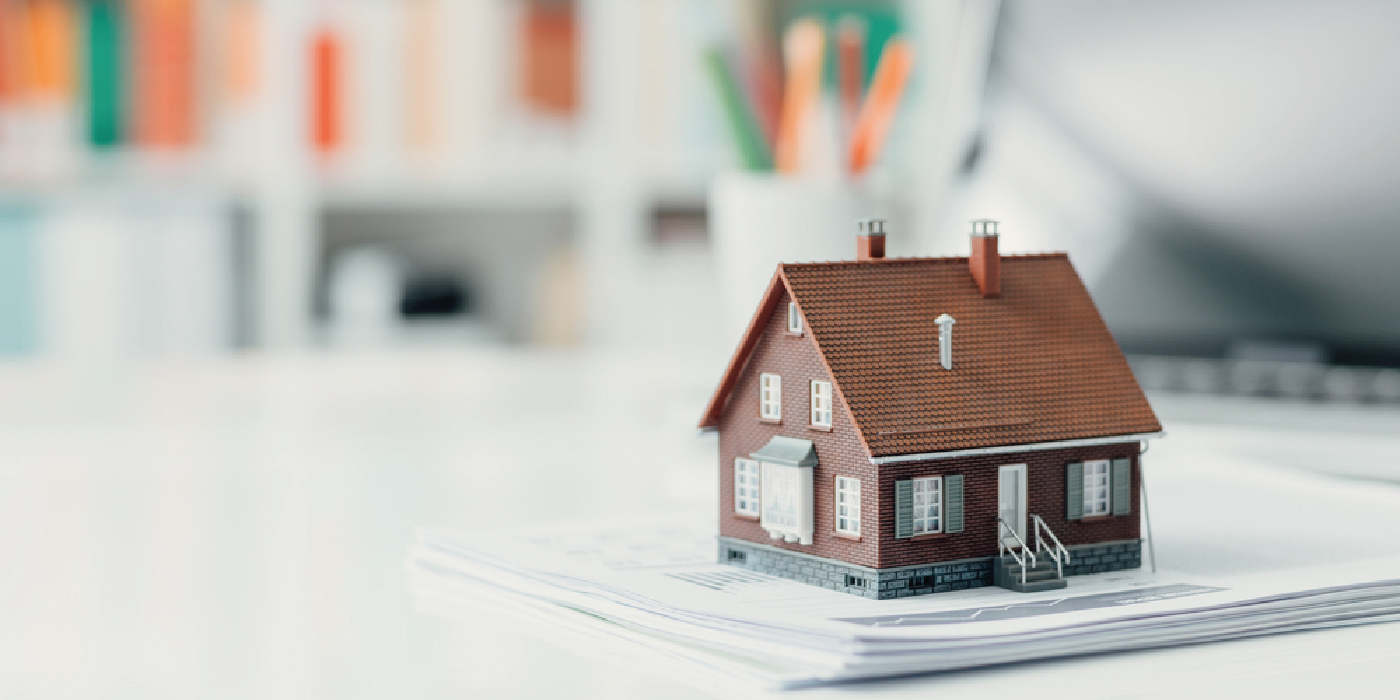Knowing the value of your house could be necessary for a variety of reasons: you might want to have the house sold; you might be remortgaging, or you might want to have your home insurance renewed. Like many house owners, you may be clueless about the worth of your house. Alternatively, you may find that your primary issue with house valuation is that its value is highly subjective. Therefore, your confusion lies in knowing the appropriate price to attach to the house without running the risk of overvaluing the house and chasing buyers away or undervaluing the property and running at a loss. To determine the value of your house, some factors/ criteria are necessary. These make it easy to create logical and realistic expectations for the listing and selling of the house. The following are some criteria with which you can efficiently determine the estimated value of your house:
- Location
This is perhaps the most apparent criteria that affect the value of a house. When appraising the value of a house in terms of its location, three major indicators are utilized. The first is the quality of the schools around the house, another sign of a suitable location is the availability of employment opportunities around the house. Lastly, the proximity of the house to shopping, recreational and entertainment facilities increases the value of a house as long as the location is concerned. In addition, the closeness of the house to highways and public transit can increase its value in the sight of buyers. Properties close to where the residents work and enjoy their leisure time tend to be more expensive than the ones where they do not.
- Community Activities & Amenities
One of the main factors that affect the price of a property is the actual area in which it is located. Properties with better infrastructure resources and modern comfort are more costly than those unable to provide the essential amenities needed in the day to day living of individuals in the community. Moreover, community services and activities, such as community centers, playgrounds, swimming pools, gymnasiums, parking lots or shops in general, play a big role in affecting the price of a property. The valuation of the property is based on the availability of comfortable accommodation needs and facilities.
- Size and Usable Space
The size of a house affects the value, as bigger houses tend to cost more than the smaller counterparts. Usually, the value of a house is roughly estimated in terms of its price per square foot. Along with the sheer size of the house, another essential factor to consider is the availability of usable space bedrooms and bathrooms. The more bedrooms and bathrooms a home has, the higher the possibility of an increase in its total worth. The presence of other spaces, such as garages and parking lots, could also positively affect the value of a house.
- Age and Condition
Usually, houses which are older and comprise much older equipment and utilities appraise much lower than their relatively newer counterparts. This, although, may not be the case of a more former property with historical connections as they tend to be worth more. Condition of the house also matters a lot when trying to determine its worth. Things like the foundation of the house, its structural integrity, electrical and plumbing fixtures if fully functional, increase the value of the house as they would generally need less maintenance, and the buyer would be saving the cost of fixing faulty fixtures.
- Supply and Demand
The economic forces of supply and demand have significant influences on the value of a house. If the demand is high, but the supply fixed, there will be an increase in the price of houses because more people would attempt to buy off the limited housing resources. If the supply is increased – either by building entirely new houses, or splitting large existing structures into multiple smaller ones – and it exceeds the demand, there will be a decrease in the value of the property.
- Economic Outlook
The state of the economic environment also influences the value of housing properties. If the economy is experiencing strong growth and there are better employment and labor conditions, more people can afford to purchase property, and so, the price of houses increases. On the other hand, if there is weak economic growth, fewer people are inclined to buy houses, leading to a drop in the house value.
- The Investment Potential
The amount of potential that a house presents to investors may also be a tangible influence in the determination of the value of a house. Such factors which include the amount of rental income that a potential investor can expect from the house, as well as an increase in capital that will be enjoyed by the investors, should they later sell the house all have a part to play in determining the worth of the house.
Since you know that it is essential for you to know the worth of a house before you buy or sell it, you can also now determine for yourself if a house is worth the trouble or not by using the above-listed criteria. It is also essential to work with expert real estate agents within your locality who have experience with property evaluation and appraisal.







